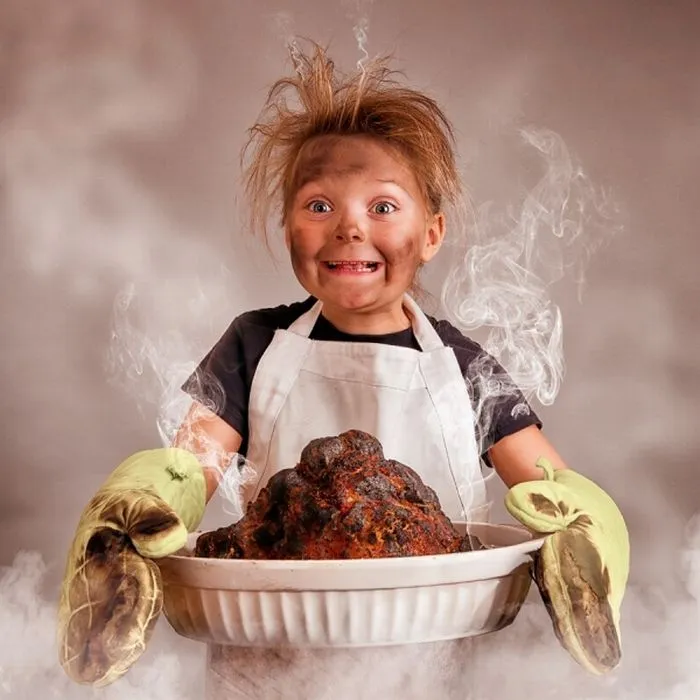
Cooking is an art, but it’s also a science. A little mistake in the kitchen can mean the difference between a perfect meal and a culinary disaster.
If you’re a novice cook, or even a seasoned pro, it’s important to know the most common cooking mistakes to avoid. We’ve compiled a list of the 23 most common mistakes and how to avoid them.
- Not reading the recipe carefully: Before you start cooking, make sure you read the recipe thoroughly. This will help you avoid missing an important ingredient or step.
- Not preheating the oven: Preheating your oven is important to ensure even cooking. Don’t rush this step, or you could end up with unevenly cooked food.
- Overcrowding the pan: Overcrowding your pan can lead to uneven cooking and steaming instead of browning. Give your ingredients enough space to cook evenly.
- Not seasoning properly: Proper seasoning is key to a delicious dish. Don’t be afraid to use salt and pepper, but be sure to taste as you go.
- Using the wrong oil: Different oils have different smoke points, which can affect the flavor and nutritional value of your food. Choose the right oil for the job.
- Not using enough water: Using too little water can lead to burnt food and a mess to clean up. Be sure to follow the instructions and use enough water for your recipe.
- Not patting meat dry: Moisture on meat can prevent browning and cause splattering. Pat your meat dry before cooking for the best results.
- Over-stirring: Over-stirring can break down delicate ingredients and lead to mushy or overcooked food. Stir only when necessary.
- Not allowing meat to rest: Allowing meat to rest before slicing helps it retain its juices and results in a more tender and flavorful dish.
- Ignoring food safety: Proper food safety practices are crucial to avoid foodborne illness. Wash your hands, keep surfaces clean, and cook meats to the appropriate temperature.
- Not measuring ingredients: Baking is a science, and accurate measurements are crucial. Invest in a good set of measuring cups and spoons.
- Over-mixing batter: Over-mixing batter can lead to tough and dense baked goods. Mix until just combined.
- Not letting dough rest: Letting dough rest before rolling it out allows the gluten to relax, resulting in a more tender and easier to work with dough.
- Overcooking vegetables: Overcooking vegetables can lead to a loss of nutrients and flavor. Cook until tender-crisp for the best results.
- Not using a thermometer: Don’t rely on guesswork to determine if your meat is done. Invest in a good meat thermometer for accurate results.
- Not seasoning pasta water: Salting your pasta water can add flavor to your pasta dish.
- Using a dull knife: A dull knife is not only frustrating to use, but it can also be dangerous. Keep your knives sharp for safe and efficient cooking.
- Not allowing cheese to come to room temperature: Cold cheese can be difficult to shred or melt evenly. Allow it to come to room temperature before using.
- Over-seasoning with garlic: Garlic is delicious, but too much can overpower a dish. Use it sparingly and adjust as needed.
- Not tasting as you go: Tasting your dish as you cook allows you to adjust seasoning and ensure a delicious end result.
- Not following cooking times: Cooking times are there for a reason. Follow them to avoid overcooked or undercooked food.
- Not cleaning as you go: A clean workspace makes for a more efficient and enjoyable cooking experience. Clean as you go to avoid a big mess at the end of your meal.
- Ignoring the power of a good marinade: A good marinade can add flavor and tenderize meat. Don’t skip this step for the best results.